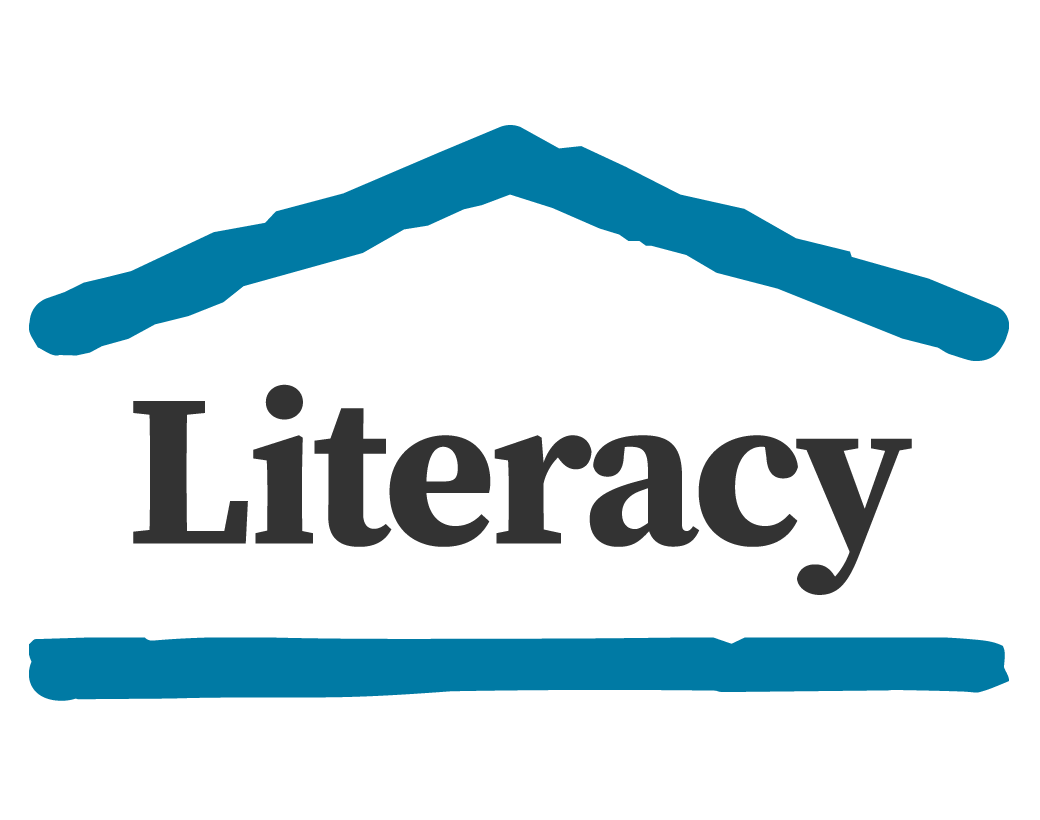We envision a world free from illiteracy and gender inequality, where all children have room to read, learn and grow — creating lasting change
Education is the most effective tool for solving the world’s greatest challenges.

Our Work
Quality education is an inherent human right for every child. Yet, the world is experiencing its most severe global learning crisis, putting youth from historically underresourced communities acutely at risk. Without action, the current generation of students now risks losing $21 trillion in lifetime earnings in present value, or the equivalent of nearly one-fifth of today’s global GDP.
Education offers critical life skills for improving gender equality. Every year of additional schooling can transform a girl’s future. Girls who stay in school are much more likely to marry later, live healthier lives, ensure their own children gain an education, and earn significantly more income to provide for themselves herself and their families.
In sub-Saharan Africa, the risk of conflict in countries with higher education equality is less than half that of areas with lower equality in education.
If historically low-income countries were to reach their goal of universal secondary education by 2030, then by 2050, per capita earnings would increase by 75%, thereby lifting 60 million people out of poverty. Over 40 years, income per capita is 23% higher in a country with more equal education.
Worldwide access to primary and girls’ education could result in a 70 gigaton reduction of carbon dioxide by 2050. Deaths caused by natural disasters and extreme temperature events could be 60% lower by 2050 if 70% of women were able to achieve a lower-secondary-school education.
We support children in communities experiencing deep educational, gender and economic inequities, where investments in education accelerate positive change.We are making the impossible possible, through education.
Our Literacy Portfolio develops children’s literacy skills and nurtures a love of reading — enabling them to pursue lifelong learning and make informed decisions. We create quality curriculum and children’s book content in local languages, train and coach educators, and establish enriching learning spaces that enable children to become independent readers.
Our Gender Equality Portfolio supports all adolescents, particularly girls, to develop life skills that promote gender equality — enabling them to pursue lifelong learning and make informed decisions. We improve the availability of quality curriculum and content, skilled and supported educators, and enriching learning spaces. Our life skills curriculum focuses on five key skills — collaboration, resilience, leadership, decision-making and critical thinking.
Across our programming, we partner with educators and local communities to implement innovative and dignified learning approaches for children, enabling them to pursue lifelong learning and make informed decisions. We also collaborate with government, social and private sector partners to enhance and transform learning systems to benefit the most children, as quickly as possible.

Through our unique experience as a leading implementer among education nonprofits globally, Room to Read has developed an evidence-based, sustainable and scalable approach to improving foundational learning outcomes for children, through our expertise in:How We Do It
We create and distribute curricular materials and quality children’s books as well as other types of media in local languages that support children’s learning. We train and support educators with the tools and skills to help students thrive. We deliver quality programs directly and with partners. We accelerate learning outcomes for more children, more quickly — by strengthening government school systems, other learning systems and associated partner programs. We conduct research, evaluations and program implementation monitoring to ensure program quality, continually evolving our programming and sharing our learnings with others. Our dedicated local teams are situated directly in the areas we serve - adapting to meet the unique needs of each community and ensuring solutions are effective and tailored to fit local contexts. We honor the dignity of the children we work with, preparing students not only with the skills they need but with the treatment they deserve so that they can recognize their self-worth and the value they bring to themselves, their families and their communities.
Curriculum and Content

Educator Training and Coaching

Delivery Structures

Research and Insights

Our Theory of Change
We believe that by using evidence-based materials and approaches, learning systems will enable all children to develop foundational learning skills, equipping them to create equitable solutions for the most pressing challenges they face — in their own lives, communities and the world.
The current generation of children are experiencing the largest loss of learning in recorded history, and learning poverty has increased by a third in low-and middle-income countries. By the end of 2027, Room to Read aims to double the number of children we serve each year, the number of communities we support each year and the number of partners we work with, while delivering positive, measurable learning and life outcomes. We will not stop until every child has access to a quality education.




